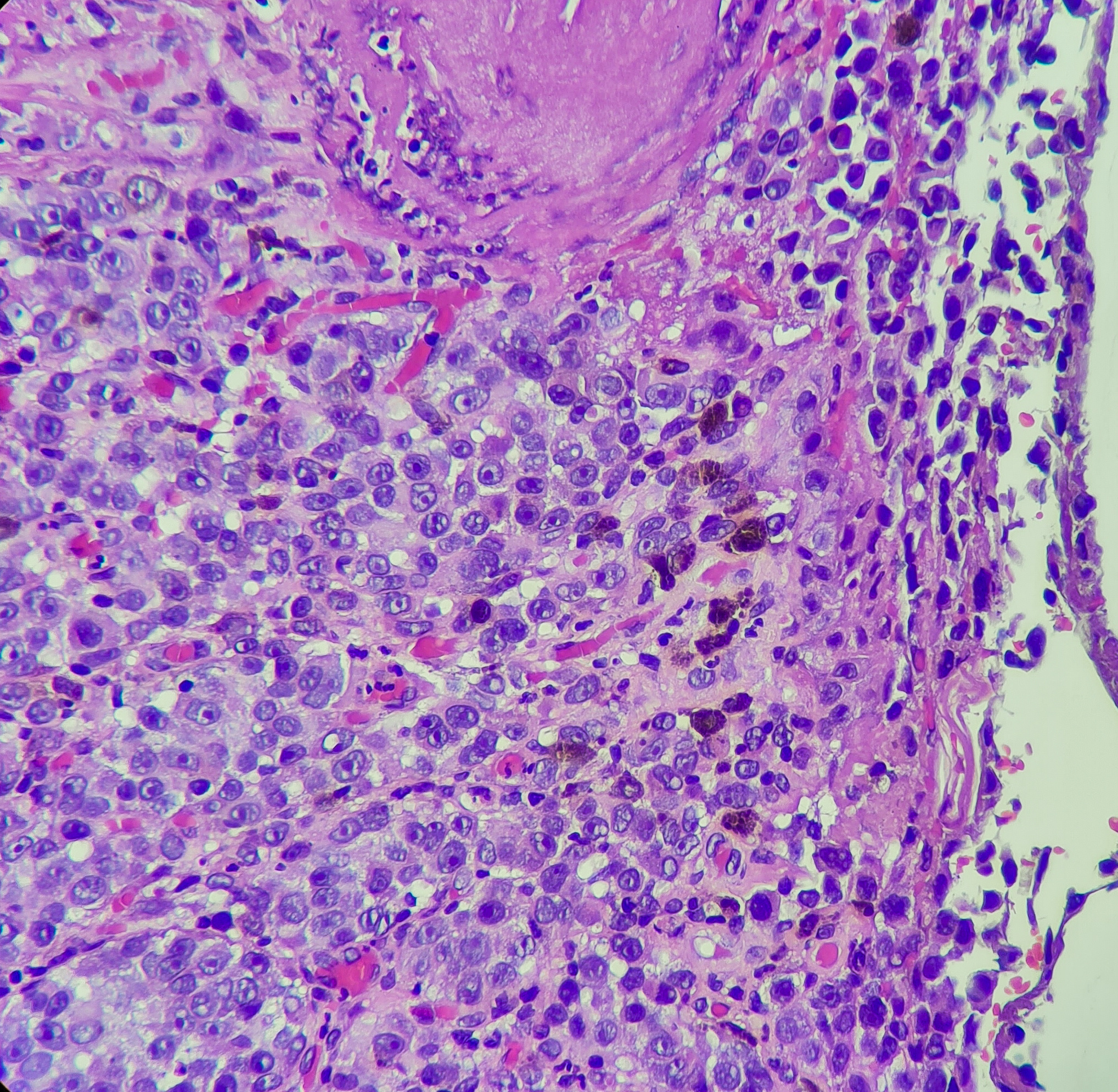
Researchers have found that the addition of the pegylated interleukin-2 cytokine prodrug bempegaldesleukin to nivolumab did not improve treatment outcomes in previously untreated patients with advanced melanoma, according to a report published by Diab et al in the Journal of Clinical Oncology. In the open-label phase III PIVOT IO 001 trial, 783 patients with stage III unresectable or stage IV melanoma were randomly assigned to receive either 0.006 mg/kg of bempegaldesleukin followed by 360 mg of nivolumab every 3 weeks or nivolumab alone from October 2018 to December 2021. The primary endpoints of the trial were objective response rate after 6 months of follow-up and progression-free survival on blinded independent central review as well as overall survival. Patients in the combination group achieved an objective response rate of 27.7% (95% confidence interval [CI] = 22.4%–33.4%) and those in the nivolumab monotherapy group achieved objective response rates of 36.0% (95% CI = 30.3%–42.0%). The median duration of response was 29.67 months vs not reached, respectively. Progression-free survival was 4.17 months (95% CI = 3.52–5.55 months) and median overall survival was 29.67 months (95% CI = 22.14 months to not reached) among patients who received bempegaldesleukin plus nivolumab compared with a respective 4.99 months (95% CI = 4.14–7.82 months) and 28.88 months (95% CI = 21.32 months to not reached) among those who received nivolumab alone. “The study did not meet its primary endpoints of objective response rate, progression-free survival, or overall survival. Increased toxicity was observed with bempegaldesleukin plus nivolumab vs nivolumab [alone],” the study authors concluded.